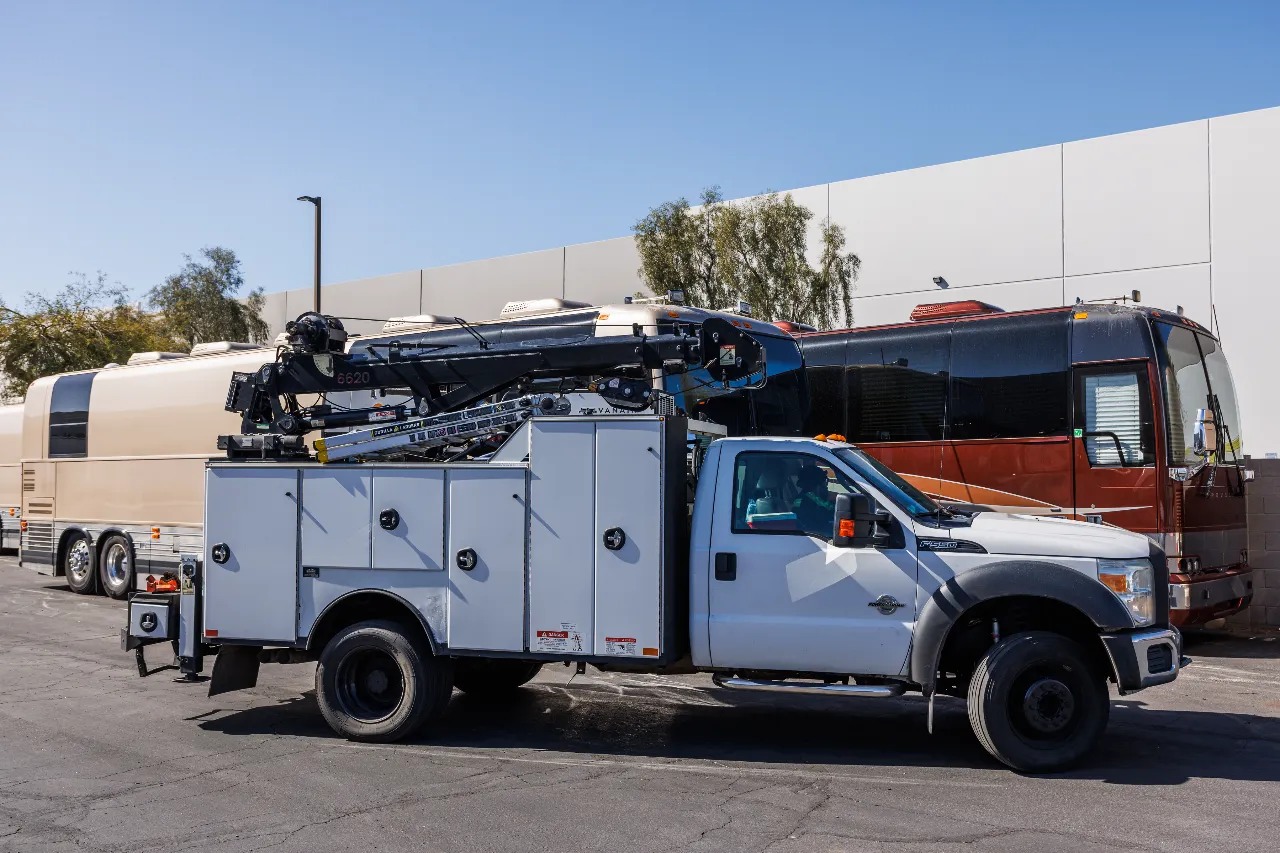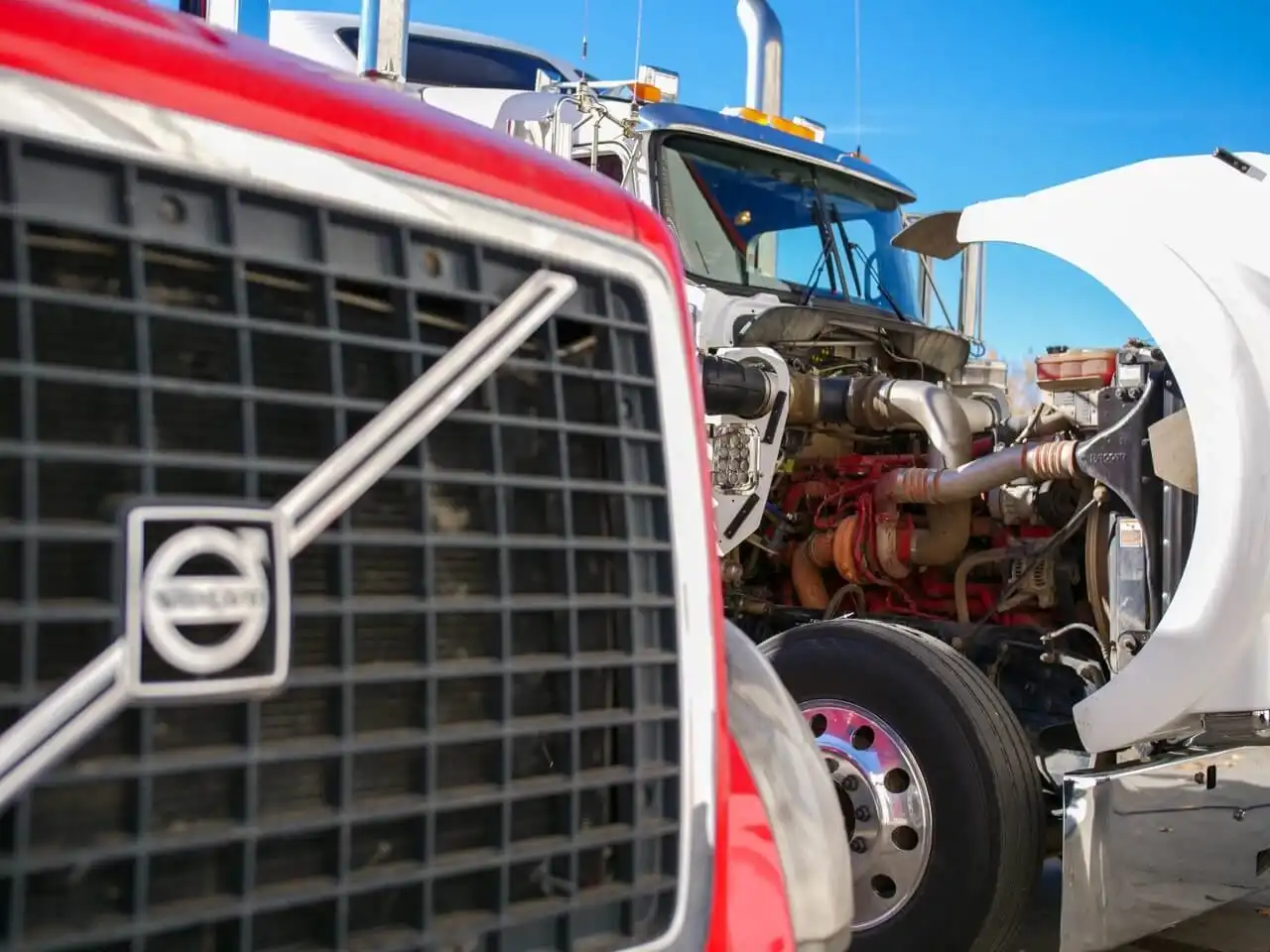Diesel Meets Electricity: A Game-Changing Integration
As the transportation industry evolves, electric and hybrid technology is rapidly entering the world of diesel repairs. For businesses like KingFleet operating in California, this fusion offers a unique opportunity to stay ahead of regulations, improve performance, and lower operating costs. Let’s explore the advantages of integrating electric-diesel hybrid systems and how this tech reshapes the repair landscape.
Increased Efficiency and Performance
Combining diesel engines with electric components delivers a win-win scenario: better fuel economy and enhanced power output. Hybrid systems utilize electric motors during low-power-demand situations, such as idling or low-speed driving, significantly reducing diesel consumption. At the same time, the torque provided by electric motors can complement the diesel engine during acceleration or towing, ensuring peak performance.
Lower Emissions for Regulatory Compliance
California is responsible for strict emissions regulations, and integrating electric technology can help fleets comply. Hybrid systems reduce carbon emissions by optimizing diesel engine usage and relying more on electric power. Diesel particulate filters (DPFs) and selective catalytic reduction (SCR) systems still play a role, but hybrids cut down reliance on these after-treatment systems, reducing maintenance needs.
Reduced Maintenance Costs
Hybrid vehicles often rely on regenerative braking systems, which reduce wear and tear on traditional brake components. Additionally, the decreased load on diesel engines means longer intervals between significant repairs. For example:
- Less engine strain leads to extended lifespans for critical components like injectors and turbochargers.
- Electric motors and batteries require different but often less frequent maintenance than diesel-only systems.
This combination results in lower overall repair costs for fleet operators.
Enhanced Diagnostics and Repair Techniques
Modern hybrid systems come with sophisticated real-time onboard diagnostics monitoring diesel and electric components. Repair shops equipped with the latest tools can access these systems to:
- Detect issues before they escalate.
- Identify specific faults in hybrid batteries or electric motors.
- Optimize performance through software updates or ECM tuning.
With these capabilities, repairs are faster and more accurate, reducing downtime.
Preparing for the Future with Skilled Technicians
Integrating electric and hybrid technology requires technicians trained in diesel mechanics and electric systems. Shops investing in hybrid-specific certifications are better positioned to handle the growing demand for these services. For KingFleet, staying ahead in California’s progressive market means embracing this technological shift to serve a broader clientele.
Challenges and How to Overcome Them
While the benefits are clear, challenges exist:
- Battery Recycling: Hybrid systems require proper handling and recycling of large batteries, which may incur costs.
- Initial Investment: Upgrading shop tools and training staff in hybrid repair methods requires upfront spending.
However, the long-term advantages—from regulatory compliance to customer satisfaction—far outweigh these initial hurdles.
Conclusion
Integrating electric and hybrid technology into diesel repairs isn’t just a trend; it’s the industry's future. This fusion benefits fleet operators and repair shops by reducing emissions, improving efficiency, and cutting maintenance costs. For KingFleet and other businesses in California, adapting to this new era offers the chance to lead the way in sustainable, innovative diesel repair solutions.






